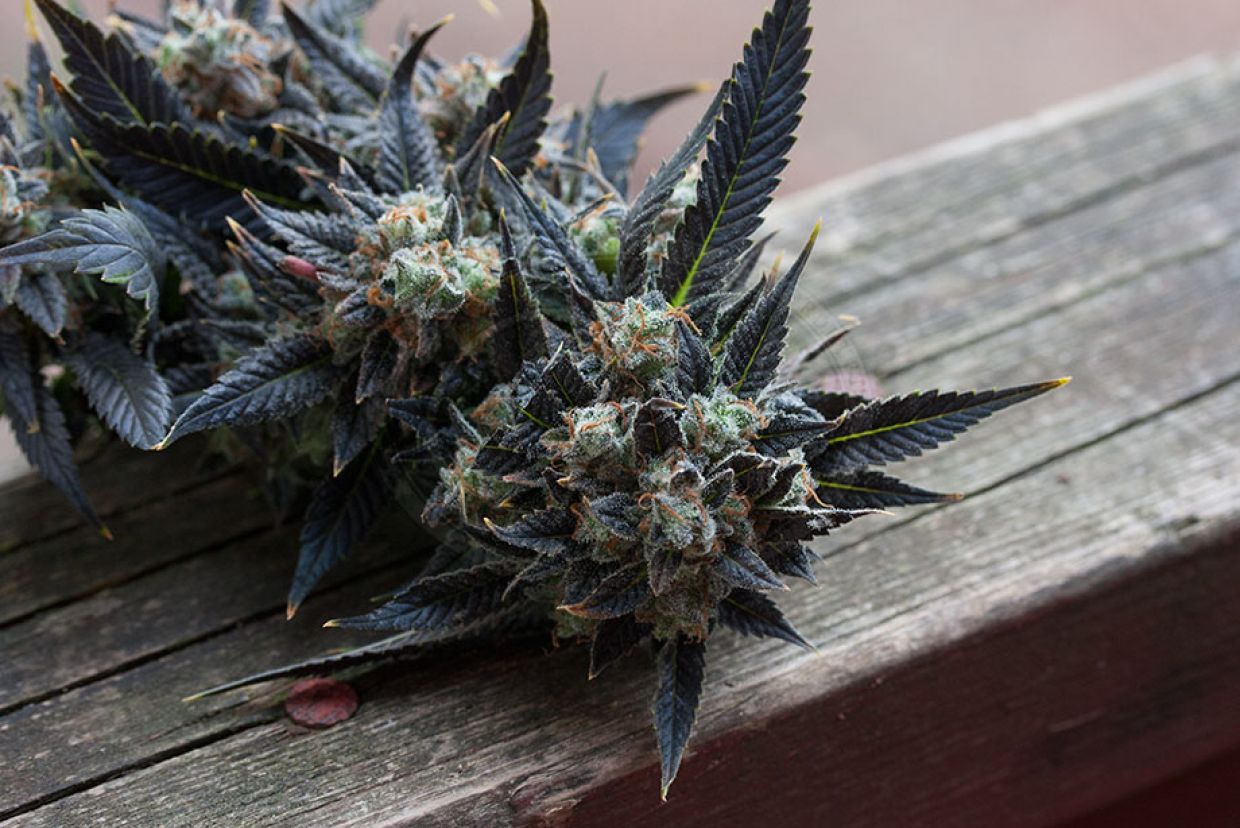The diverse benefits of Hemp (Cannabis sativa)

Hempseed oil has been known to balance sebum production, balancing sebum will benefit those with dry skin conditions. Our soaps Fresh Hemp and Manner both have dominant amounts of hempseed oil. The hempseed oil in both soaps offer moisturizing properties and aid in anti-aging. Premature aging can be a result by a number of factors including; environment, stress, or an unhealthy diet.
Our skin has the ability to regulate moisture. The barrier which is located on the surface part of the skin called epidermis is responsible for regulating the moisture or keeping water inside of the skin. In order to attract or hold water in the skin, you will need a natural humectant. Essential fatty acids are natural humectants and because hempseed oil contains up to 80%, it can offer to help regulate the moisture in our skin. Other natural humectants include olive oil and vegetable glycerin.
Hemp, from the sativa plant is used for a wide variety of industrial uses including clothing, rope, paper, biodegradable plastics, health food, medical, construction products, body care products, pet food, and arts & crafts supplies. Hemp may be grown in any climate and grows rather fast and healthy without the use of herbicides or pesticides. When hemp is growing it can even help suppress other weeds around it, making it a natural weed killer. Hemp also improves soil ventilation due to its unusual deep roots.
With all of hemps diverse uses, what is the rave all about? Why are people still frowning at the slightest mentioning of hemp? Lets compare hemp vs cotton for example. Hemp’s fiber is stronger and more durable than cotton - Hemp (3,5%) vs Cotton (8,5%). Cotton production requires more water use than hemp production. Hemp can grow rather fast and robust without the use of pesticides.
The cotton industry is one of the largest industries with the most uses of pesticides. Hemp cuts the use of pesticides almost down to zero making it much of an eco-friendly production. Pesticides are not only extremely toxic to humans but kill off the natural balance of nature and enter streams, seep into ground water, and leach into our oceans. This leaves our birds, wild animals, live stock, and our aquatic system at risk as pesticides such as DDT are bioaccumulative. Bioaccumulation is the accumulation of a toxic chemical in various tissues of a living organism. For example, the effects of bioaccumulation can cause thinning of the egg shell of a bald eagle. Take zinc oxide for example, found in many sunscreens. Zinc oxide has moderate to high bioacculmulative activity in both humans and wildlife.
Have you a clue?
- Hempseed oil has the highest amount of EFA’s essential fatty acids ever found in any other plant
- Hempseed oil has the ability to help smoothen skin.
- Studies have shown, when topically applied, Omega 6’s found in Hemp Oil has helped acne and psoriasis sufferers.
- Hempseed oil contains up to 80% of essential fatty acids.











